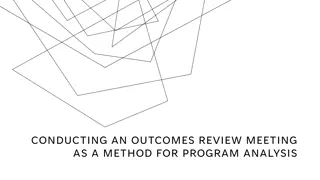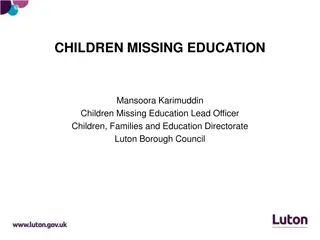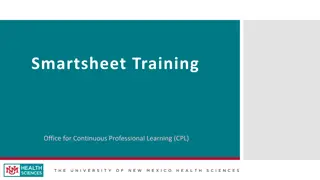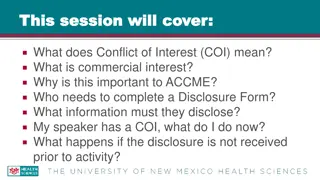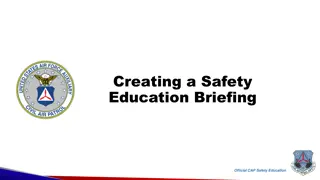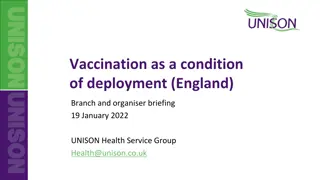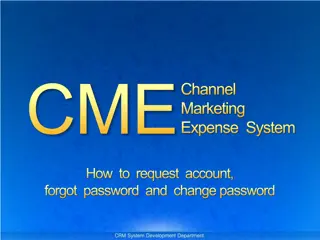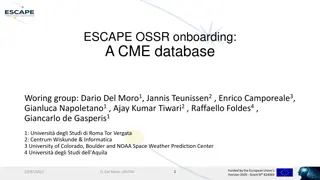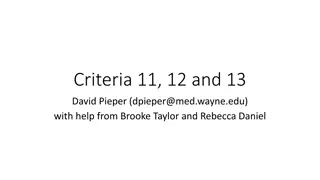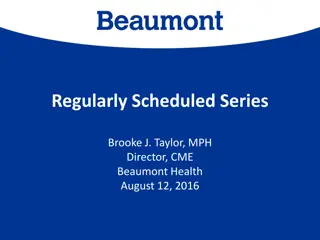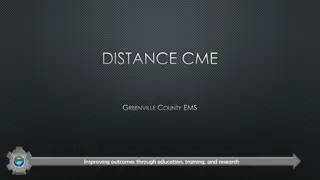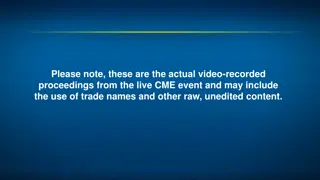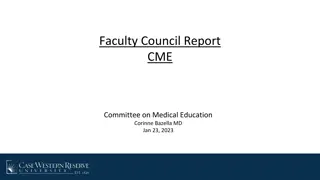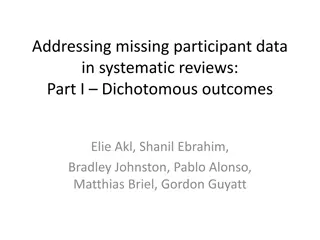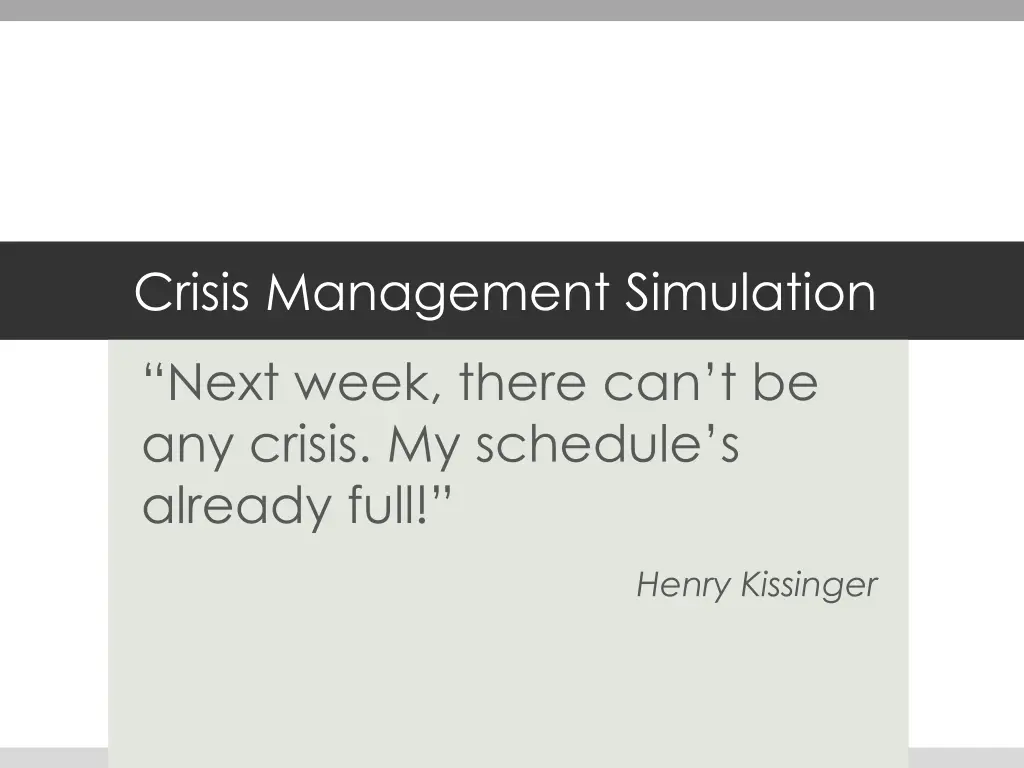
Crisis Management Simulation for Healthy Communities NGO
Participate in a crisis management simulation for Healthy Communities NGO operating in Syria. Manage an organizational incident unfolding in real-time, make critical decisions, and interact with injects to mitigate risks and ensure staff safety. Exercise your crisis management skills in a dynamic scenario involving a mobile clinic team in Aleppo.
Download Presentation

Please find below an Image/Link to download the presentation.
The content on the website is provided AS IS for your information and personal use only. It may not be sold, licensed, or shared on other websites without obtaining consent from the author. If you encounter any issues during the download, it is possible that the publisher has removed the file from their server.
You are allowed to download the files provided on this website for personal or commercial use, subject to the condition that they are used lawfully. All files are the property of their respective owners.
The content on the website is provided AS IS for your information and personal use only. It may not be sold, licensed, or shared on other websites without obtaining consent from the author.
E N D
Presentation Transcript
Crisis Management Simulation Next week, there can t be any crisis. My schedule s already full! Henry Kissinger
Healthy Communities AUK-based NGO specialising in community health programmes and emergency medical care. Country office is in Antakya Your office is in Idlib You have HC has mobile clinics running in Idlib governorate and a 15-bed trauma surgery clinic was recently set up in a house in Aleppo. See briefing for further details about HC, including the security risk assessment.
Methodology The exercise is a simulation of an organisational incident that develops in layers over a period of time. The exercise is punctuated by a series of serials(paper-based interjections) and injects (in-person interventions) which will give you more information and often require action. You will decide your future! Each Field Team will need decide how to manage the incident.
Structure and Rules Each group has its own colour of paper You may contact anyone you want through written email, all written on your colour and submitted in the email box (or to Perry/Ruth) Each group will have an injection (a visitor!) that will affect all Field Groups.
Things to remember The health and safety of staff is of the utmost importance. Loss or damage to property and resources, or negative impacts on the organisation s reputation or the continuity of existing programmes/activities, should be minimised wherever possible. Effective communications should be maintained between all internal and external stakeholders to enable their cooperation in managing the incident.
Remember. It is your job to MANAGE a crisis, not resolve it. This is not a test! It is a learning exercise.
Scenario A mobile clinic team left Idlib in a vehicle for to go on a routine journey to Aleppo. On board there were: Mohamed Ahmed Hussein, Driver Elissar Helal, Nurse Nour Khoury, Nurse Sadiq Kuzbari, Assistant Area Manager John Doolittle, HQ visitor from the Comms team, doing a story on our activities in the region Ahmed Addem, local journalist John Doolittle, HQ Comms, and Sadiq Kuzbari, Assistant Area Manager, had planned to travel on two other occasions in the past week but always had to put it off for some reason. Mahmoud Al Qasem, the Logs Mgr, said John was really insistent all day yesterday about going to the field. Sadiq finally agreed and went out with the team. The team left at 0700 and checked in at 0800. Since then, Mahmoud has not heard from them.

